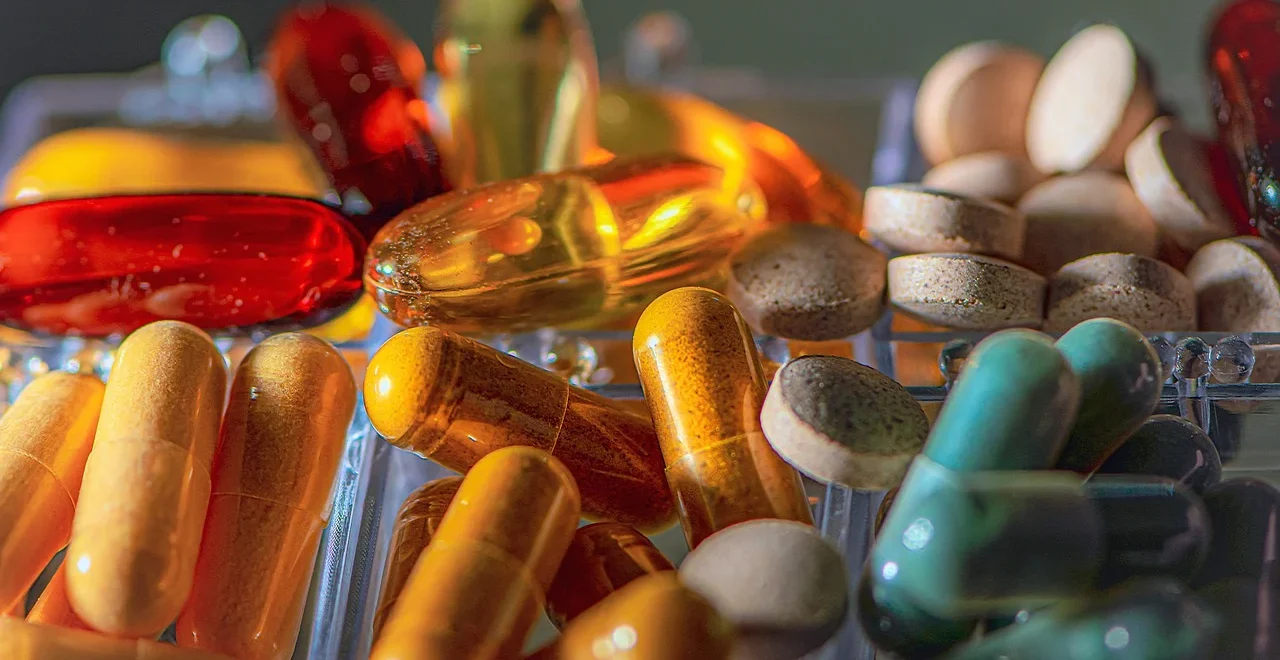Health Education
It’s all about keeping people around the world healthy and safe from diseases.
Global health is like a puzzle with many pieces, and each piece is important for creating a healthier world for everyone.
So, let’s explore some of the challenges we face and the solutions we’re working on to improve global health.
First up, let’s talk about disease prevention.
Preventing diseases is like stopping them before they can even start.
This includes things like getting vaccinated, washing your hands, and staying away from sick people.
By taking these simple steps, we can protect ourselves and others from getting sick and stop the spread of diseases in our communities.
Vaccination campaigns are a big part of disease prevention.
Vaccines are like little superheroes that train our bodies to fight off dangerous germs.
When lots of people get vaccinated, it creates something called herd immunity, which helps keep everyone safe, especially those who can’t get vaccinated themselves.
That’s why it’s essential to support vaccination campaigns and make sure everyone has access to life-saving vaccines.
Another challenge we face in global health is healthcare access.
Not everyone around the world has access to doctors, hospitals, or medicine when they need it.
This can make it hard for people to get the care they need to stay healthy.
That’s why we’re working on ways to improve healthcare access for everyone, no matter where they live.
Epidemiology is like detective work for diseases.
Epidemiologists study how diseases spread and look for patterns to understand how to stop them.
By tracking outbreaks and understanding how diseases move from person to person, epidemiologists can develop strategies to control and prevent the spread of diseases, keeping communities safe.
Health disparities are differences in health outcomes between different groups of people.
Some communities may have better access to healthcare or healthier living conditions than others, leading to disparities in health outcomes.
Addressing health disparities means working to ensure that everyone has equal access to healthcare and resources to live a healthy life.
Maternal and child health is another important aspect of global health.
Moms and kids need special care to stay healthy and thrive.
This includes things like prenatal care for pregnant moms, vaccinations for babies and children, and access to nutritious food and clean water.
By investing in maternal and child health, we can give every child the best start in life and help moms stay healthy too.
Pandemic preparedness is all about getting ready for emergencies before they happen.
We’ve seen how quickly diseases like COVID-19 can spread around the world, so it’s essential to have plans in place to respond to outbreaks and keep people safe.
This includes things like stockpiling medical supplies, training healthcare workers, and educating the public about how to stay safe during emergencies.
Health education is key to empowering people to take control of their own health.
By teaching people about healthy habits, disease prevention, and how to access healthcare, we can empower individuals and communities to make informed decisions about their health.
From schools to community centers, health education programs play a crucial role in promoting wellness and preventing diseases.
Global health initiatives bring people together from around the world to work on solving health challenges.
These initiatives include things like the World Health Organization (WHO) and international partnerships to address diseases like HIV/AIDS, malaria, and tuberculosis.
By working together and sharing knowledge and resources, we can make progress in improving health outcomes for everyone, everywhere.
In conclusion, promoting global health is about working together to address challenges and find solutions that keep people around the world healthy and safe.
From disease prevention and healthcare access to pandemic preparedness and health education, there’s a lot we can do to create a healthier world for everyone.
By supporting global health initiatives and taking action in our own communities, we can make a difference and build a brighter, healthier future for generations to come.

